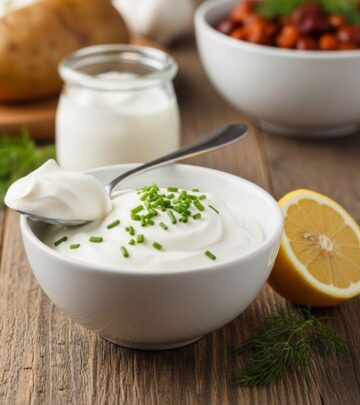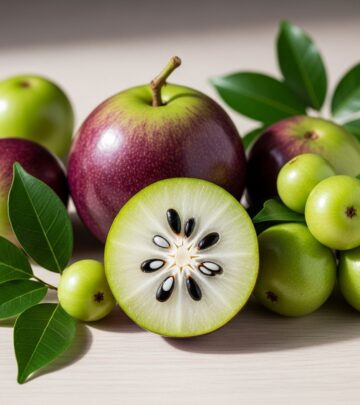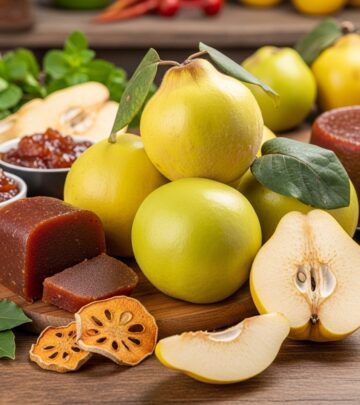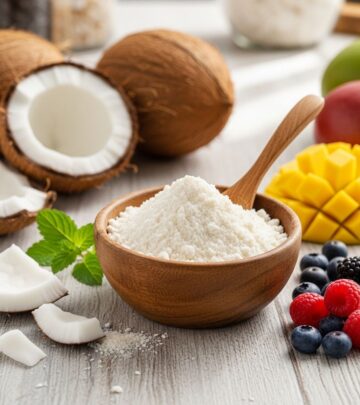Remarkable Health Benefits of Dragon Fruit: Nutrition, Uses, and Tips
A tropical treat with fiber, antioxidants, and vitamins for full-body vitality.
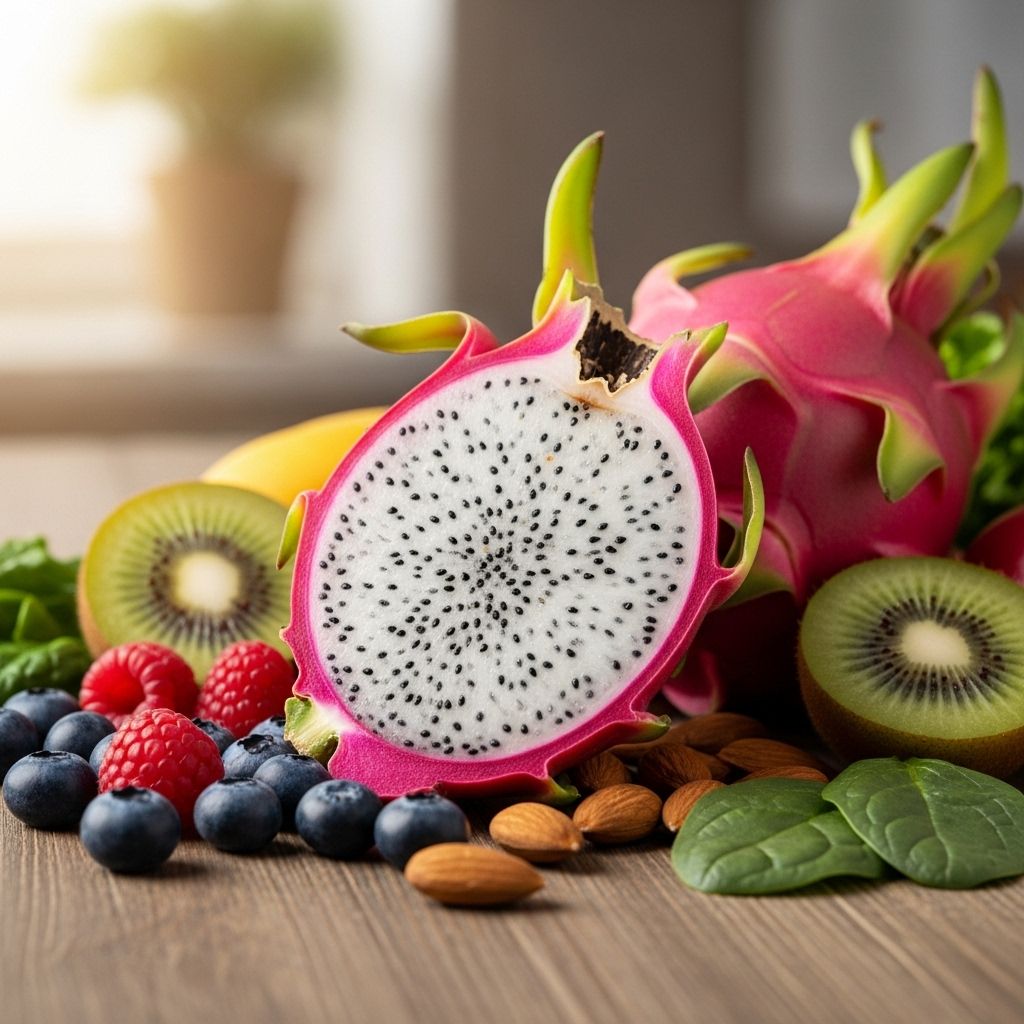
Dragon Fruit: A Colorful Superfood for Modern Wellness
Dragon fruit (also known as pitaya or strawberry pear) is a tropical fruit widely celebrated for its vibrant appearance, unique flavor, and powerful nutritional profile. Native to Central and South America but now cultivated in tropical and subtropical regions worldwide, dragon fruit has become a favorite among health-conscious individuals for its myriad benefits. Whether you’re drawn by its exotic look or its superfood status, exploring dragon fruit can add a nutritious and enjoyable twist to your eating habits.
What Is Dragon Fruit?
Dragon fruit comes from several species of cactus, especially Hylocereus undatus, renowned for its remarkable pink or yellow skin and white or red flesh speckled with tiny black seeds. The flavor is often described as mildly sweet—a cross between kiwi and pear.
- Origin: Native to Central and South America, now grown globally in tropical climates.
- Varieties: Major types include white-flesh (Hylocereus undatus), red-flesh (Hylocereus costaricensis), and yellow-skinned, white-flesh (Selenicereus megalanthus).
- Common Names: Pitaya, pitahaya, strawberry pear.
Nutritional Value of Dragon Fruit
Dragon fruit is prized for its low calorie and fat content, while delivering a striking array of essential nutrients and plant compounds.
| Nutrient (per 100g) | Amount |
|---|---|
| Calories | 57–103 kcal |
| Protein | 0.36–0.6 g |
| Fat | 0.14–0.2 g |
| Carbohydrates | 15–27 g |
| Fiber | 3–6 g |
| Vitamin C | 5–8 mg |
| Iron | 0.3 mg |
| Magnesium | 12–14 mg |
| Potassium | 206 mg |
| Vitamin E | 0.2 mg |
| Thiamine (B1) | 2.4 µg |
| Riboflavin (B2) | 2.0 µg |
| Niacin (B3) | 0.2 mg |
| Calcium | 9 mg |
In addition, dragon fruit contains small amounts of healthy fats (primarily from seeds), and is rich in beneficial plant compounds such as polyphenols, carotenoids, betacyanins, and tocotrienols.
Top 10 Amazing Health Benefits of Dragon Fruit
Rich Source of Antioxidants
Dragon fruit is packed with a variety of antioxidants including vitamin C, flavonoids, phenolic acids, carotenoids, and betacyanins. These substances help neutralize free radicals, reducing oxidative stress and cellular damage that can trigger chronic diseases such as cardiovascular disease and premature aging.
Supports Digestive and Gut Health
Dragon fruit is high in dietary fiber and contains prebiotic fibers, which promote the growth of beneficial gut bacteria like Lactobacilli and Bifidobacteria. This balance aids in digestion, helps prevent constipation, and supports overall digestive wellness.
- High fiber content softens stool and encourages regularity.
- Prebiotics foster ‘good bacteria’ in the gut, contributing to a healthier microbiome.
Enhances Immune System Function
The fruit’s vitamin C, carotenoids, and antioxidant profile contribute to a stronger immune system by supporting the body’s defense against infections and inflammation.
Helps Regulate Blood Sugar Levels
Early animal studies suggest dragon fruit may help lower blood sugar by enhancing pancreatic insulin secretion and improving insulin sensitivity. While human data is limited and inconclusive, the fruit’s fiber content is known to help slow the absorption of sugars, which may benefit glucose control.
Assists in Weight Management
With its low calorie and high water content, as well as abundant fiber, dragon fruit can promote satiety and reduce overall calorie intake. This makes it a smart choice for those aiming to maintain or achieve a healthy weight.
Promotes Heart Health
Dragon fruit’s combination of antioxidants, dietary fiber, and healthy unsaturated fats (from seeds) may help support heart health by lowering LDL cholesterol, boosting HDL (good) cholesterol, and reducing atherosclerosis risk.
- Contains betacyanins and polyphenols that help protect blood vessels.
- Soluble fiber helps regulate cholesterol and fat absorption.
Provides Essential Vitamins and Minerals
In addition to vitamin C, dragon fruit delivers a spectrum of B vitamins (notably thiamine, riboflavin, and niacin), essential minerals such as magnesium, iron, and potassium, and a modest dose of vitamin E. These support energy metabolism, build strong bones, and facilitate nerve and muscle function.
Boosts Iron and Magnesium Intake
Dragon fruit is notable for containing both iron and vitamin C, a combination that helps enhance iron absorption. Iron is vital for oxygen transport and energy production, while magnesium is involved in hundreds of biochemical reactions in the body, supporting muscle and nerve health.
May Have Anti-Inflammatory and Anticancer Properties
Research on dragon fruit’s polyphenols, hydroxycinnamates, and flavonoids reveals potential for anti-inflammatory actions and possible protection against certain types of cancer, though human studies remain limited.
Contributes to Radiant Skin and Healthy Hair
Antioxidants, vitamin C, and hydration from dragon fruit collectively help promote healthy skin texture and hair strength by fighting free radicals and supporting collagen synthesis.
Types of Dragon Fruit
- Hylocereus undatus: Bright pink skin, white flesh.
- Hylocereus costaricensis: Red skin, vibrant red flesh.
- Selenicereus megalanthus: Yellow skin, white flesh (usually smaller and sweeter).
How to Eat Dragon Fruit
Dragon fruit is versatile and easy to prepare. Here’s how to enjoy it:
- Cut the fruit lengthwise and scoop out the flesh with a spoon.
- Slice or dice and eat fresh as a snack or in salads.
- Blend into smoothies, juices, or yogurt bowls.
- Use as an eye-catching garnish for desserts and cocktails.
- Add to salsas or fruit-based salads for a tropical twist.
Tip: Choose fruit with bright, unblemished skin. The flesh should be tender, not mushy or too firm. Refrigerate after cutting and consume within 1–2 days for optimal freshness.
Possible Side Effects and Precautions
- Allergic reactions to dragon fruit are rare but possible—look for signs such as swelling of the tongue, hives, or itching, especially with first-time consumption.
- High intake may lead to harmless pink or red urine or stool, depending on the flesh color.
- There are no well-documented interactions with medications or other foods.
Dragon Fruit in Daily Life: Culinary Uses
- Fresh fruit platters: Adds vibrant color and exotic flair alongside other tropical fruits.
- Breakfast bowls: Pairs well with granola, oats, yogurt, and chia seeds.
- Smoothies & juices: Especially the red or purple types, add a luscious color with a subtle sweetness.
- Salads & salsas: Works beautifully with tomatoes, cucumbers, and citrus.
- Desserts: Use as a topping for ice cream, cakes, or fruit tarts; red varieties can even color sorbets and popsicles naturally.
Frequently Asked Questions (FAQs)
Q: Is dragon fruit good for diabetics?
A: Dragon fruit’s high fiber content helps slow sugar absorption, which may benefit blood sugar control. Some animal studies suggest that it may help improve insulin sensitivity, but more research is needed in humans.
Q: Does dragon fruit help in weight management?
A: Yes, its low calorie and high fiber-water content promote fullness and can make it easier to manage calorie intake.
Q: Can dragon fruit cause allergies?
A: Allergic reactions to dragon fruit are uncommon but possible. If you notice itching, swelling, or hives after eating, seek medical attention.
Q: What do the black seeds in dragon fruit do?
A: The edible black seeds provide healthy fats and dietary fiber.
Q: How should dragon fruit be stored?
A: Keep uncut fruit at room temperature. Once cut, refrigerate and eat within a day or two for best taste and texture.
Conclusion
Dragon fruit is more than just a striking addition to your fruit bowl—its combination of fiber, vitamins, minerals, antioxidants, and prebiotics make it a superb choice for diverse health benefits. Whether enjoyed on its own or as part of innovative culinary creations, dragon fruit is a valuable addition to a healthy, vibrant diet.
References
- https://www.healthline.com/nutrition/dragon-fruit
- https://www.healthline.com/nutrition/dragon-fruit-benefits
- https://www.health.harvard.edu/nutrition/dragon-fruit-how-to-enjoy-this-antioxidant-rich-fruit
- https://www.webmd.com/food-recipes/benefits-dragon-fruit
- https://pmc.ncbi.nlm.nih.gov/articles/PMC11643819/
- https://www.dole.com/produce/dragon-fruit
Read full bio of medha deb

